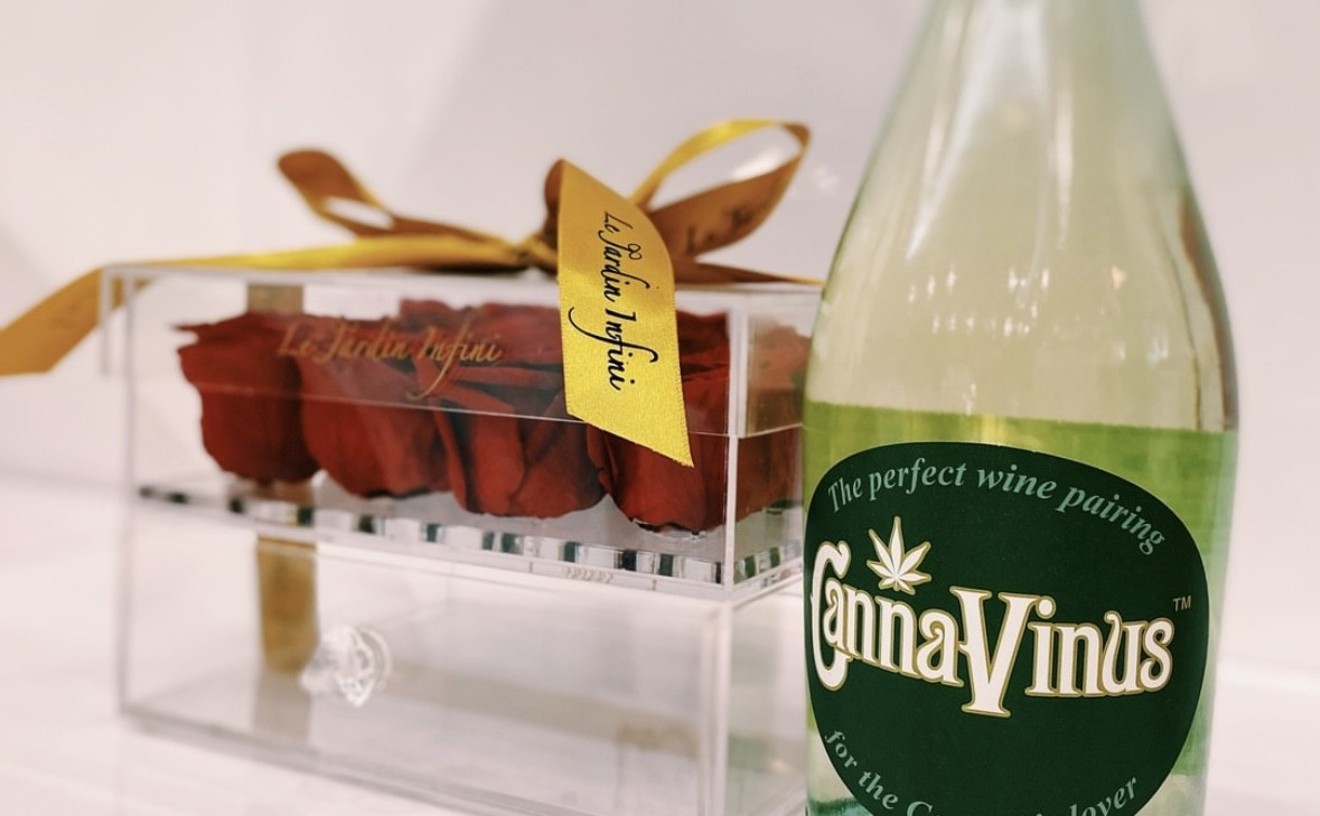"I don't want to get stabbed for a hot dog" might be the quote of the year. Last week, a riot- the definition for that term seems to be getting looser by the news story, but we'll roll with it- broke out at a Brooklyn Shwarama King when Hasidic customers discovered the place was serving chicken hot dogs falsely advertised as kosher. The manager, Yosef Baron, had to fend off an angry mob with his meat-trimming electric knife.
It got Short Order wondering: how do we know that what's billed as kosher really is?
Not surprisingly, Miami Beach- psst, there's a large Jewish population there- has grappled with this question before. In fact, in 1969, the city created a tax-paid "kosher inspector" position that was in place for fifteen years, until the ACLU picked a fight with it. Their argument: that Miami Beach was using government funds to watchdog a private religion.
Nowadays, it's a "self-regulated" thing, says Rabbi Mordechei Fried of Kosher Miami, a private inspection group. Restaurants and stores hire KM as full-time "kosher supervisors" to make sure they're using the correct meat and handling procedures. In return, the business get KM's stamp of approval. "Each vibrant Jewish city has their own group of rabbis that have kosher restaurants under their supervision," Fried explains. "We feel secure enough to eat at restaurants, but unfortunately these things like what happened in Brooklyn can happen. It's not necessarily a failure of the system, it's just being human, there's always going to be a bad apple."










